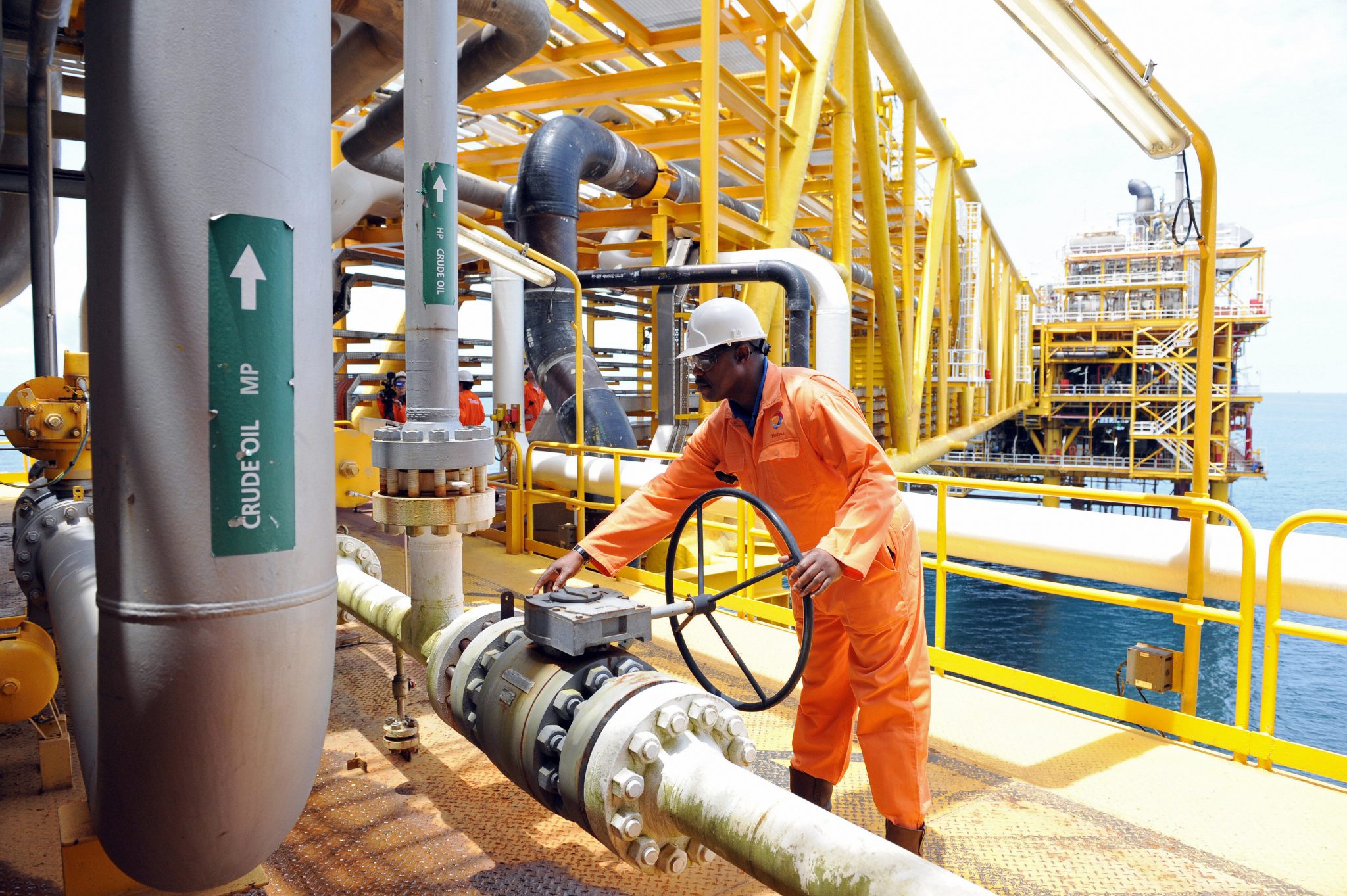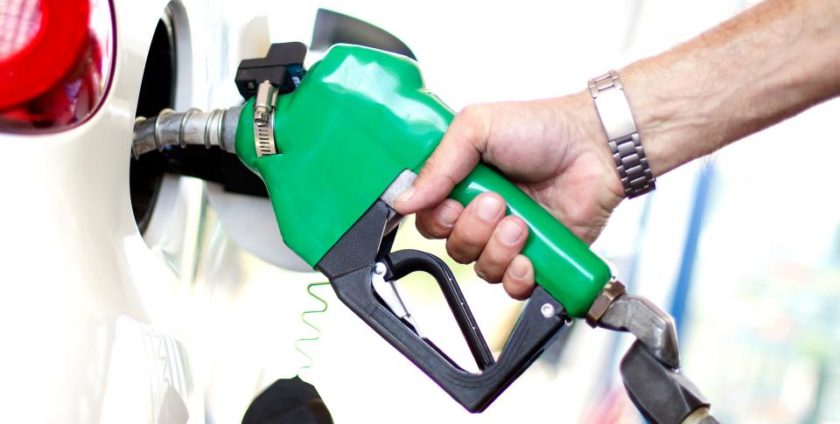
Kaduna, Dangote, BUA Refineries May Source Crude Oil Outside Nigeria
The Nigerian National Petroleum Company Limited (NNPCL) may begin importation of 110, 000 barrels of crude oil per day from Venezuela or Saudi Arabia to operate the Kaduna Refinery due to come on stream next year.
Also, the Dangote, Bua and other refineries may be forced to import about 1.322 million barrels of crude oil per day amid oil production challenges in Nigeria, existing contracts on crude oil swap as well as other commercial issues.
Currently, the Dangote Refinery, with 650, 000 barrels per day refining capacity, is relying on imported crude, while the Bua Refinery within the South South region would need about 200,000 barrels per day of crude oil from next year. NNPCL is also looking to bring back its 445,000 barrels per day refineries between next month and next year, while the existing modular refineries will require 27,000 barrels per day.
Nigeria has been struggling to sustain its crude oil production. The country currently records 113.52 million barrels shortfall in meeting Organisation of Petroleum Exporting Countries (OPEC) output quota. That loss alone is about $8.9 billion in the first seven months of 2023.
While OPEC’s production quota allocated to Nigeria stands at about 1.742 million barrels per day, figures from the Nigerian Upstream Petroleum Regulatory Commission (NUPRC) showed that output has been averaging about 1.1 million barrels.
The NNPCL is with current obligations to supply crude to contractors, but the recent borrowing of $3 billion from Afreximbank would drastically reduce the volume of crude the national oil company could provide to the local market.
The Nigerian Upstream Regulatory Commission is currently dragging oil producers in an attempt to enforce Section 109 of the Petroleum Industry Act (PIA), which introduced Domestic Crude Supply Obligation (DCSO) to Nigeria’s oil industry to ensure domestic refineries are not starved of crude oil supply.
Although the regulator is threatening a fine of $10,000, a penalty of 50 per cent of their fiscal price per barrel of crude oil not delivered to refineries and denial of export permits, many of the crude oil producers are worried over commercial issues that may come up in such a transaction.
They are concerned about the logistics side of supply and safety of their data with NUPRC.
They added that refiners would need to convince them that the off-takers have dollars to pay for crude oil sustainably. Besides, most of the producers are divesting owing to crude oil theft, insecurity in the Niger Delta region and other problems bedevilling the oil and gas sector.
Renowned energy expert, Dan Kunle, said crude oil importation would not be ruled out next year for NNPCL-owned refineries because the daily local production is being hampered by poor investment.
“As long as the Federal Government continues to hold controlling shares in all the petroleum companies in Nigeria, there will be no crude oil and gas. Once the assets are transferred to private sector investors, the industry will shape up,” Kunle said.
He alluded to the fact that the country’s product pipelines are very weak and long out of use.
“There are too many cross cuttings issues in infrastructural framework. It is very highly likely that the Port Harcourt Refinery may not resume operations,” he said.
He noted that there is huge local add-on cost to a litre of petroleum products owing to inefficient and unreliable infrastructural facilities to support movement of products.
Energy economist, Prof. Wunmi Iledare, stated that the coming on stream of the Kaduna Refinery and others was gratifying.
According to him, refineries are designed for a crude oil type and product yields, therefore, the Kaduna Refinery, being designed for a heavy crude type, would need import from Venezuela and Saudi Arabia for bitumen and heavy fuel, which are for industrial use.
“The current economic reality is inconsequential if PIA 2021 is implemented according to the intent of the law and not necessarily the letter of the law with subjectivity,” Iledare said.
According to him, road and pipeline infrastructure will be a major challenge for the coming on stream of the Port Harcourt Refinery.
“I have a strong disposition to believe there are ongoing efforts to rehabilitate the roads and pipeline infrastructure to facilitate products distribution. There just has to be a credible plan to do just that if value is to be created from the refinery rehabilitation investments,” Iledare said.
Former President of the Chartered Institute of Bankers of Nigeria (CIBN) and Professor of Economics at Babcock University, Segun Ajibola, is worried over sustainability of supply to Kaduna Refinery and the profitability if the import should keep coming from Saudi Arabia or Venezuela.
The cost of production, according to him, may become unrealistic, thereby, impacting the sale at the pump.
He said that though the prevailing situation might push private refiners to import, the ability of NNPCL to effectively and efficiently manage such an arrangement is important.
Ajibola said: “I would have thought that a more sustainable strategy is to find solutions to the recurring challenges militating against crude oil production in the Niger Delta. I believe Nigeria has enough oil reserves. The time is ripe for a holistic approach to resolving the multiple challenges limiting oil-drilling operations in especially the Niger Delta. This may be a more enduring solution rather than a stop gap measure of crude imports.”
The expert also expressed worry over the planned coming on stream of the Port Harcourt Refinery, saying pipeline and roads have strong impact on lifting of products from the refinery.
Other experts also concurred that the state of the road from the refinery may stall evacuation of products from the facility.
Although Reynolds Construction Company (RCC) was seen on site last week working on the Eleme section of the East-West road, near the facility, it might take more than a year to make the road motorable again.




